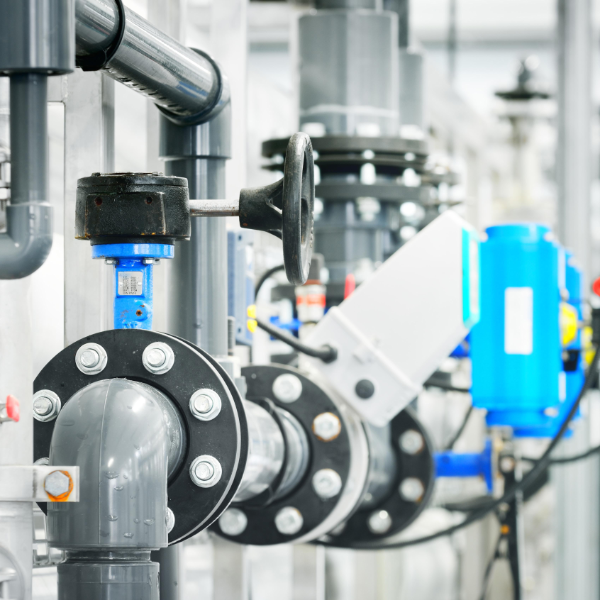Innovative design study into sustainable options for Chemelot's cooling and process water

Innovative design study into sustainable options for Chemelot's cooling and process water
Utility supplier USG Industrial Utilities, technology partner Sitech Services, the Limburg Water Board and engineering and consultancy firm Witteveen+Bos have launched an innovative design study into sustainable water management. The parties will be investigating the possibilities to make effluent from industrial waste water treatment plants and sewage treatment plants suitable for use as cooling and process water for the Chemelot industrial park. In this study, the parties will look for alternatives to reduce Chemelot’s dependence on water from the river Meuse supplied by the nearby Juliana Canal and to further promote water reuse. What is unique about this is the integration of communal and industrial water chains and the use of sustainable techniques. The results of this design study are expected to be announced by the end of 2018.
As evidenced by the government’s water availability models (from the fresh water sub-programme of the Delta Programme), in the future (2050) climate change may lead to increased water stress in the Limburg region. Water stress means that the demand for fresh water is greater than the supply. In addition, if the water flow of the river Meuse is low, this will reduce the water quality in the Juliana Canal, as a result of which the cooling towers and the demineralisation plant will operate less efficiently. In order to be prepared for a future where water stress may occur, Chemelot is looking for alternatives to reduce its dependence on water from the Juliana Canal. This, combined with ambitious sustainability goals, forms the basis for the design study to be conducted jointly by the four parties.
Sustainable water management
Chemelot wants to realise sustainable water management, characterised by efficient use of the available water on the one hand and reduction of the dependence on water from the Juliana Canal on the other. Effluent from the waste water treatment plant, supplemented with effluent from sewage treatment plants, can serve as a sustainable water source that is always available and is not affected by climate-related water stress’, says Sonny Schepers, Senior Sustainability Engineer for USG Industrial Utilities. ‘In addition, reuse of effluent is a good example of a circular solution that involves using a byproduct of one party as a resource for another. This will reduce the pressure on natural resources. It fits in with the sustainability views of Chemelot and the Limburg Water Board’, adds Rein Dupont, one of the directors of the Limburg Water Board. ‘A circular option can also help reduce the residual discharges from the waste water treatment plant into the river Meuse. In case of low water flow in the river, this will have a positive effect on the Meuse’s water quality’, concludes René Borman, who is responsible for waste water treatment at Sitech Services.
Ensuring continuity
‘If we want to keep the water production at the right level and monitor it properly, this will require changes and innovation’, says Arjen van Nieuwenhuijzen, Chief Technology Officer Renewable Energy, Water and Resources for Witteveen+Bos. ‘To achieve this, we need to collaborate, form partnerships and adopt new ways of thinking and acting. Because only if we start reasoning differently, challenging each other and allowing for surprising applications and innovative techniques can we offer solutions to combat the ever more urgent water stress. Circular thinking and circular design in particular are essential here. The study will also address stakeholder interests, environmental aspects, social impact and the legal scope. Without legal coverage and social acceptance, any technical design is useless. The design study is being carried out using an innovative integrated design method developed by Witteveen+Bos based on seven sustainable design principles. We expect this innovative design study to offer valuable insights into the possibilities that can help us achieve these goals.’
For more information you can watch a video on our seven sustainable design principles.